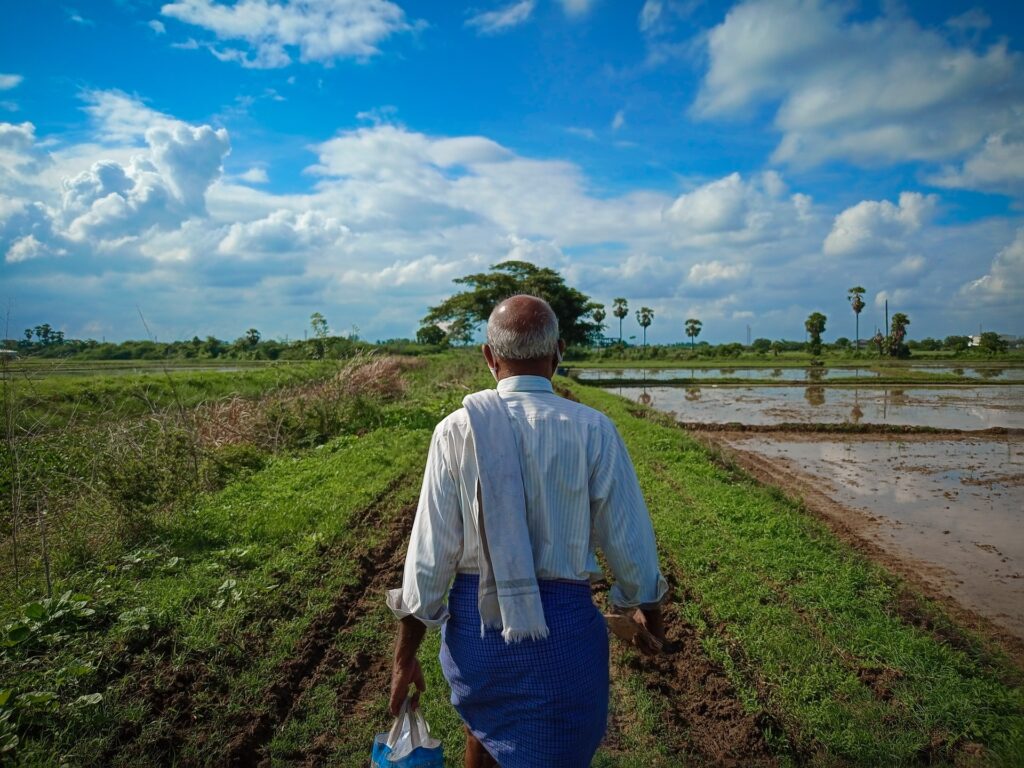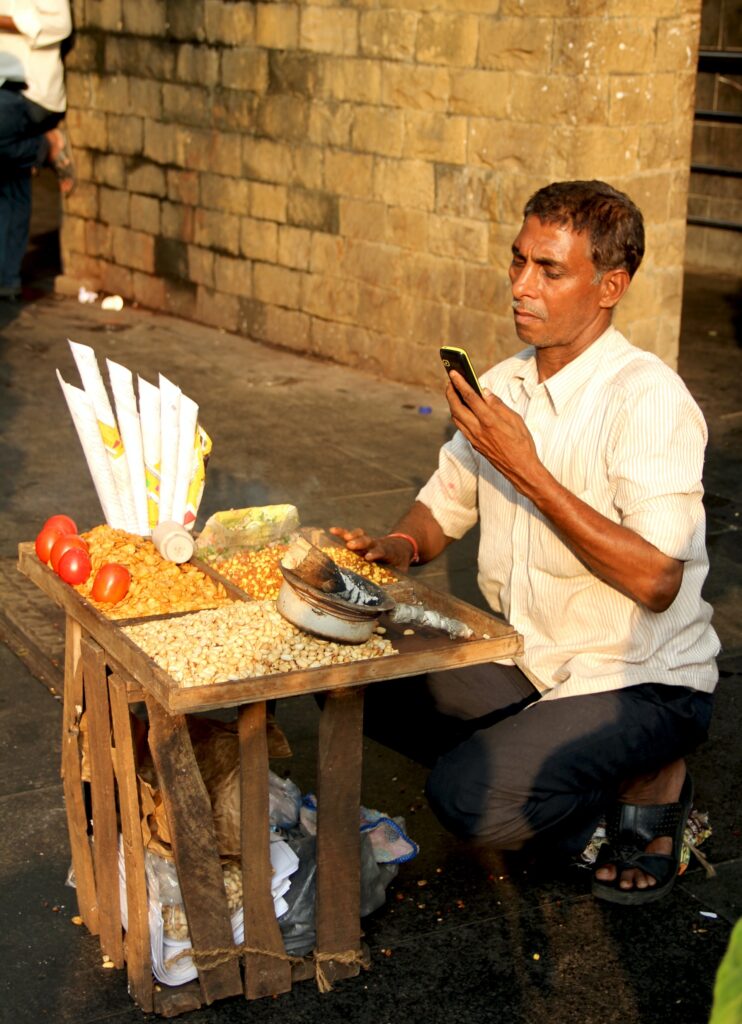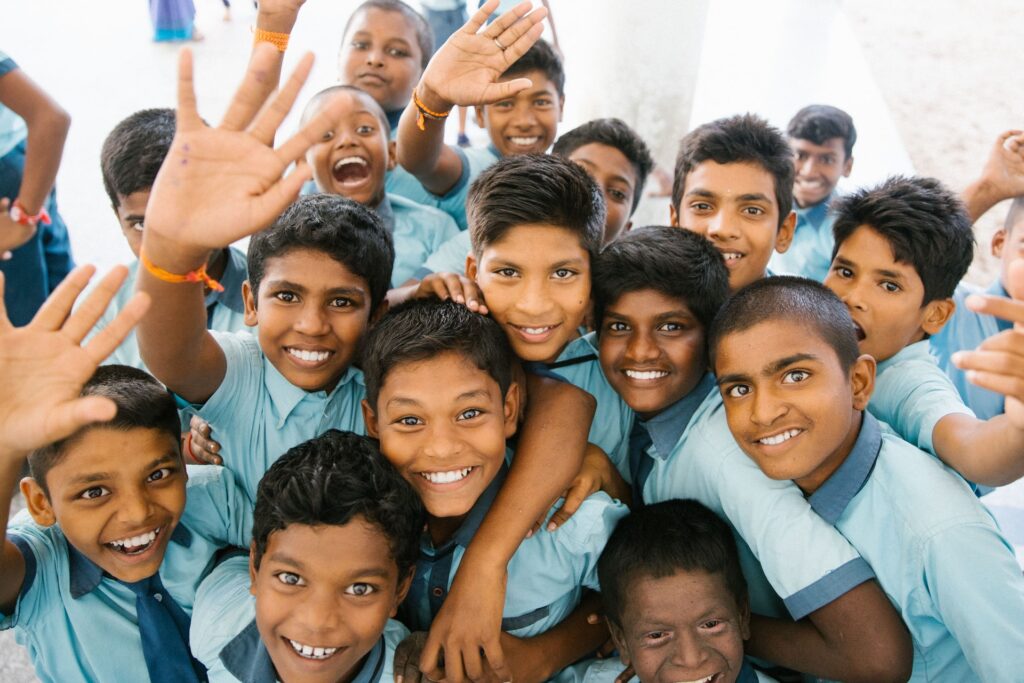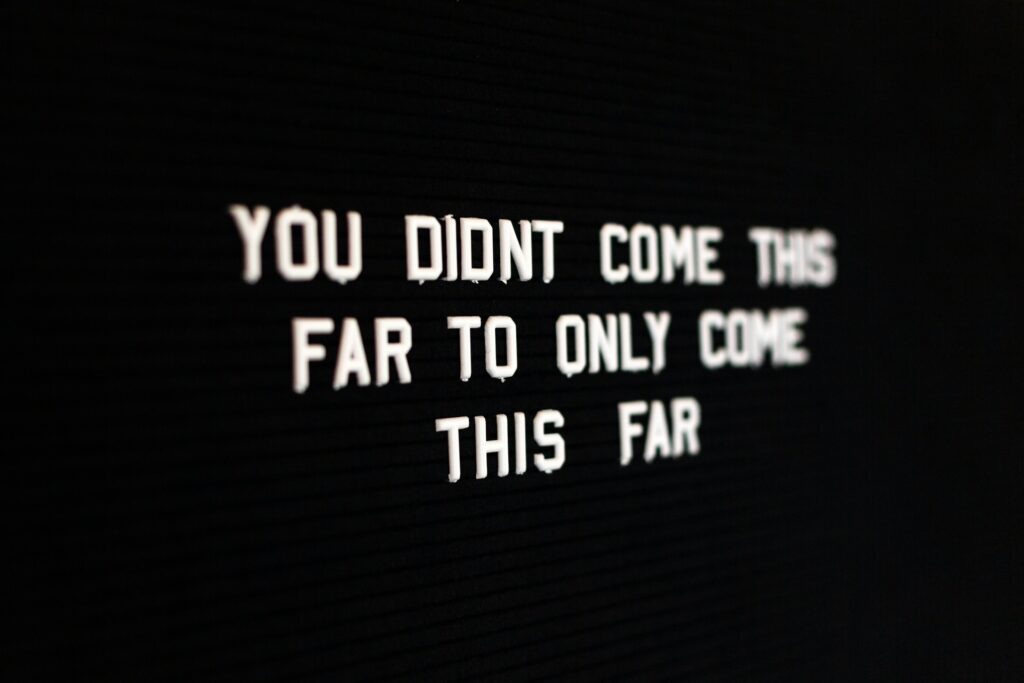
Newsroom. Development Economics X Founder Wins Award from Astera Institute.
June 26, 2024. TORONTO.
FOR IMMEDIATE RELEASE
Scarborough, Ontario, Canada – June 26, 2024 – Dr. Kweku Opoku-Agyemang, founder of Development Economics X Corporation recently received a bounty award from the Astera Institute. Opoku-Agyemang has proposed an innovative framework for scaling synthetic biological innovations for social and economic impact.
In developing and developed countries alike, the need for scalable and flexible fermentation systems abound, with product and policy implications. The proposal was for a modular system that can accommodate synthetic biological applications to ensure optimal product yields and growth environments.
Opoku-Agyemang said “the idea is to help manufacturers in pharmaceutical industries and others to achieve scale, and for the same to be achieved across the board. Many sectors benefit directly and indirectly from biological innovations, which will be critical for the next generation.”
This modular approach promises to revolutionize the scalability of synthetic biology solutions, enabling manufacturers to adapt quickly to new organisms and products. It also paves the way for a smoother transition from research and development to commercial production.
Opoku-Agyemang’s idea has the potential to benefit a wide array of applications, from pharmaceuticals to biofuels, contributing to the advancement of sustainable and eco-friendly products.
For more information about Kweku Opoku-Agyemang’s Modular Bioreactor Systems and his recent Astera Institute’s “call for ideas” award, please contact contact@developmenteconomicsx.com. You may read about the winning statement here.
About Kweku Opoku-Agyemang Kweku Opoku-Agyemang is a visionary in the field of causal inference for synthetic biology and development economics. He is dedicated to developing scalable solutions that can meet the growing demand for sustainable products. He is the founder of Development Economics X.
About Development Economics X. Development Economics X delivers development for the next generation in the field of causal inference for synthetic biology and development economics.
Research. Article published in Trends in Cognitive Sciences.
March 29, 2022. TORONTO.
Computational Ethics, co-authored by Director and CEO Kweku Opoku-Agyemang, is published by Trends in Cognitive Sciences.
The paper is here.
Newsroom: Elevating Service Delivery for Development
March 11, 2022. TORONTO, CANADA.
Kweku Opoku-Agyemang
Information is power, but access is still hard if you live in a small economy or a market with a low number of wealthy customers. Getting people to a search engine is necessary but not sufficient to progress when you don’t know what you don’t know to ask in the first place. A good place to start is the economic history and political economy of development to provide the contextual platform for innovation to shine.
Whatever sector we work in, we should all strive to be able to provide services to people wherever and whenever they want them. There’s no reason for anyone to stand in the hot sun or deal with frustration while waiting for public, private or non-profit services in this age of innovation. There is no lack of talent in Africa and other developing regions. The informal sector is about 90% women, and yet the formal banking sector that supplies credit is male-dominated in a time when small-scale entrepreneurs need better financial support.
There’s no reason why we can’t innovate around all these problems.
Information is power. By empowering people, we can reduce the last mile to zero.
Development Economics X. Delivering development.
Newsroom: Ethnic Identity, Bias and Development
December 26, 2021. TORONTO, CANADA.
Kweku Opoku-Agyemang
Most people think it is obvious and borderline tautological to say that racism in developed countries can’t coexist with social progress. Most young people from developing countries only get exposed to racial biases for the first time when they travel abroad to study or to work. But what if someone was to say that ethnic bias similarly can’t coexist with development in developing countries?
Crickets.
Ethnic bias does seem like an impossible problem. At Development Economics X, we think it is a hard problem.
Not an impossible one.
We think of ethnic bias as a big part of where the next big dent in global poverty and inequality will come from if we can face this issue head on.
Build on democratic elections, internalize democratic values, and overcome ethnic bias
The goal must be to build on economies and democratic systems wile ensuring that democratic values are internalized, but it’s clear that new approaches are needed for truly next-level change. We at Development Economics X are focused on ultimately solving ethnic bias in developing countries for democratic values to reach their full potential for development impact. There is an argument that many people in developing countries may be more concerned about economic rights than about internalizing democratic values. It seems more likely, however, that democracy and policy efficiency are merely the political and economic sides of the same issue.
Our concern is that in some cases, the necessary drive to improve economic standards of living sometimes considers the movement for democratic impact as a substitute, when they are really mutually-reinforcing complements. We appreciate that the rigorous ways through which we think about improving standards of living has much to offer how we scale democratic values in a symbiotic way.
It is technically trivial to see that in the absence of robust and systematic efforts to minimize ethnic bias, many developing countries become vulnerable to the inaccurate idea that democratic values are a nice-to-have, and not a need-to-have in the twenty-first century. These are but a few of the development consequences to ethnic inequality that are worth keeping in mind. Sustainably improving logistics, trade and public institutions have technical aspects that we work on and understand well, but we try to be cognizant of the fact that these also have features that are related to internalizing and being reinforced by democratic values.
We believe in balance. Identity is a wonderful thing and the human story is a rich one that deserves to be told and celebrated in all its fulness. Having a precise sense of who you are and supporting your family and other social ties is a vital part of what it means to be human. However, the line between celebrating ethnicity and being ethnically biased is not at all a fine one as some might be tempted to think. The difference is whether or not emotional security or emotional insecurity is the cause. An exaggerated sense of identity is sometimes just insecurity manifesting itself.
One of the hidden mechanisms of democratic waves across the developing world is lessened ethnic biases. In young populations, it’s increasingly difficult for ethnic biases to be perpetuated. Inter-ethnic marriages, for examples, are increasingly common in developing countries. It is also becoming clearer to many that someone of the same ethnicity is more likely to hurt or disappoint you than someone of a different ethnicity–if just because one is statistically more likely to encounter people one shares the same ethnicity with.
What remains is internalizing the realization that if we think of any dominant ethnic group having a finite number of ideas, we will need the perspectives of other ethnic groups to make any more progress than we have already made. In many cases, that’s what’s missing. People are usually just in denial of this issue. When you close your minds and hearts to others, you are only hurting yourself.
We seldom think of it as such, but insecurity is one of the greatest problems humanity faces. From the economics profession to people in our datasets, nobody is immune. The unspoken question is always the same: can’t we keep our ethnic biases and successfully pursue development and social progress at the same time? The answer is no. What we must realize is that this is the question an insecure person would ask. A secure person would ask what tangible thing we have to show for all these biases in the first place.
Ethnicity will always be important, but there is literally nothing to show for ethnic bias. The recent research literature suggests that the solution to insecurity is exposing ourselves to whatever it is that makes us insecure and proving to ourselves that the insecurity is unwarranted. However, this is not easily argued and must be physically experienced around the world quickly and at scale. Insecurity will not go away overnight, or even completely. But we can improve step by step, day by day, one person at a time. Who knows what relationships we may build that may make a brighter tomorrow.
Democratic values still work. Ethnic bias never has and never will. The goal is to make the world a better place, and democratic values still have much to offer the planet.
The world is moving on. It’s time for us all to do so too.

Newsroom: The African Mobile Money Revolution
Kweku Opoku-Agyemang wrote a blog for The Africa I Know on how financial systems in Africa are experiencing a revolution that is reaching beyond the boundaries of the continent to change the world and redefine financial economies.

Research Highlight: Scaling up a social media educational platform in India
August 8, 2021. TORONTO, CANADA.
Kweku Opoku-Agyemang
In this research impact highlight, I discuss my role doing research on a social media messaging platform, end-to-end research and close with what happened as a result of the research. This research highlight summarizes the following paper:

In this paper, we analyzed small-scale Indian farmer intuitions about agriculture and their environments and algorithmic effectiveness on an educational social media platform.
I was a postdoctoral research associate at Cornell Tech in human-computer interaction while doing this research.
We asked: how can an education social media platform be made to successfully achieve scale, when the platform is entirely voice-driven?
Reaching out with voice messaging: What do we know about engagement on social media?
We know that users prefer quality over quantity, although both are important. Scissors, Burke and Wengrovitz (2016) find that Facebook users care more about who likes their posts than how many likes they receive. In our paper, we ask: can this insight help audio education scale? If so, how?
We faced an important constraint from our education context that is distinct from most social media platforms. Educational messages are not as entertaining as the average social media post and getting a call/voice message on your phone is not going to be as pleasant as a visual user interface.
Our study was based in Gujarat, India and focused on small-scale farmers, although it later expanded. At the start, farmers could receive educational messages about planting, crop protection and harvesting either (1) directly or (2) indirectly.
Direct: A user may receive an educational message from the platform; they may be algorithmically targeted based on their sociodemographics
Indirect: A user may receive an educational message indirectly from another user; users may use their intuition to forward messages to up to 5 phone numbers for free.
We wanted to know: Which mechanism do listeners prefer? Do farmers prefer messages assigned to them from an algorithm, or messages curated by other farmers?
There were algorithmic fairness issues to think hard about, however. A message received from the platform may favor certain subgroups. Even if not, a forwarded message is sure to be non-randomly assigned: Users who received messages directly from the platform may be systematically different from receivers of forwarded messages. We wanted to avoid a scenario where people were only listening to messages because a certain person had sent them, but to do so because they believed in the content itself. This was an identification problem (in the true sense of the phrase) that we had to overcome in our research.
Our partial solution was blind users from knowing who sent a message. To a receiving user, messages from the platform and from other users appear identical. If users cannot tell the difference, they are arguably as good as randomly assigned as far as the source is concerned.
The Khedut Saathi Message Forwarding System

Khedut Saathi “Farmer’s friend” was a homegrown innovation by an Indian award-winning startup. Users of the Khedut Saathi platform could subscribe by leaving a missed call to a local number and pressing 9. Subscribers receive 3 voice messages each week about best agricultural practices. An episode plays as an audio recording.
We began with a focus on farmers in Gujarat. After listening to the content, farmers can record their questions and comments. At the start of the study, 12,000 farmers had subscribed to KS and only 1% had unsubscribed. The pickup rate was 75% on average, a highly engaged audience. Farmers may forward a message to up to 5 other numbers for free. A day (24 hours) after a message is sent out, we collect new data on forwarding and receiving forwarded messages.
In our experiments, we look at the impact of message source on the effective duration or listening rate (listening time/message time). The features are socio-demographics (age, gender, income), crop fixed effects (five commonly grown crops), month-fixed effects, and whether or not the farmer has Facebook or WhatsApp on their phone (a proxy for whether the phone is a smartphone).
We find that message source significantly affects listening duration and listening rates (the proportion of a message that is listened to). Our main result is that messages received from other farmers are listened to more frequently and more thoroughly than data-driven messaging.
We later removed the blinded aspect of the content and tracked messages as they were forwarded across social networks. We were surprised to find that the educational and scientific content went viral across India, which we recorded by identifying new calls into the Khedut Saathi system from around the country. The experiment resulted in significant interest beyond the agricultural sector, and there seems to be a significant interest in educational content by farmers and non-farmers alike. Although our information on non-users were limited, we were in a position to submit surveys and understand the social dynamics of such listeners. Finally, we did qualitative interviews of a small subset to understand why the content seemed to resonate so strongly. Some users seemed surprised at the question and thought it self-evident that the material was important. Overall, we found the material to be strongly appreciated.

The study suggests that the intuitions of users have an important role to play in technological design. Development economics and human-computer interaction remain underexplored relative to the scale of relevant problems, but the synergies are clearly powerful. Although much work remains, there is a need for innovative research that further empowers small-scale farmers in India and beyond.

Although we focus on agricultural education in this paper, it also seems clear that education is not just useful for its own sake, but is also a powerful platform that other aspects of development can piggy-back on for the economic and social benefits of education to scale. Collaborations across different parts of the world are another way that we can make the world a better place.

Development Economics of Education: Video Presentation on Education and Economic Development in Ghana
June 24, 2021. TORONTO, CANADA. Development Economics of Education. Kweku Opoku-Agyemang gave a video presentation to doctoral students in education from the University of Education, Winneba in Ghana.

Development Economics X Impact: A New Era for Development Economics

As countries around the world continue to build and rebuild their economies in this new era, business as usual is not going to enough for people, families, communities and nations. There is a vital need for economic transformation that is based on next-generation development economics, informed by economic history as well as political economy, inclusive, and ready to evolve with the digital age.
Although there are glimmers of hope from the Africa Rising narrative to the mobile phone revolution and a nascent startup and machine learning ecosystem, much work still remains in the realms of policy, infrastructure and transformation. All of these and other movements–and this goes back to the independence era of the 1960s and the second democratic wave in the 1990s–have tended to happen outside the purvey of development economics, suggesting that ours is a profession that needs a better connection with history in the making. We see this with the growing interest of the global technology sector in the developing world, social movements across the board, and a new wave of young people making change in their worlds.

Productive industrialization as well as economic and political development remain viable, but it is clear that it must look quite different from what has come before if it is to succeed. Being tied into global chains in the traditional sense, while important, also risks entanglement and even stagnancy, requiring new approaches to globalization and social impact. Success itself is prime for a redefinition, being a moving target. The assumed limitations of developing country governments and their partners actually have much in common with small startups that can punch above their weight with data-driven and scientific mindsets.


Newsroom: DEVELOPMENT ECONOMICS X is development as the human condition.
Most development economists joined the profession with game-changing transformation in mind, before life got complicated and they had to lower their ambitions and accept the limited status quo as a culture. However, it’s not too late to improve as we are all learning.
Although many young people are and will be the next-generation of consumers for firms and beneficiaries of policy originating in developed countries, we have a chance to chart an entirely new path. What are their dreams and how can they come true? From physical capital, human capital, technological change and global competitiveness to name a few, needs abound. New environments are emerging, from digital infrastructure to innovative legal and socioeconomic institutions that put the interests of developing country citizens first, and not as a constraint to the interests of parties in developed nations.
The next generation will decide what development economics is, does, and means for the future of the developing world, the planet in general, and the development economics profession in particular.
Kweku Opoku-Agyemang
Development in the twenty-first century
Development economics in the twenty-first century is occurring with the backdrop of a new political economy and economic history in the making.
Development Economics X is dedicated to ensuring that technological change fundamentally improves the human condition in the developing world. By taking action to ensure that innovation is a true global phenomenon and harnessing the next generation, development economics can and will become a culture around the world.

Global Health Development Economics: Video Discussion on Equitable Health Futures in AI
October 19, 2020. TORONTO. Dr. Kweku Opoku-Agyemang was invited in his personal capacity to share his perspective during an expert discussion on Equitable Futures in AI hosted by Wilton Park as part of their special session with The Lancet and the Financial Times Commission on Global Health Futures 2030: Growing up in a digital world.

